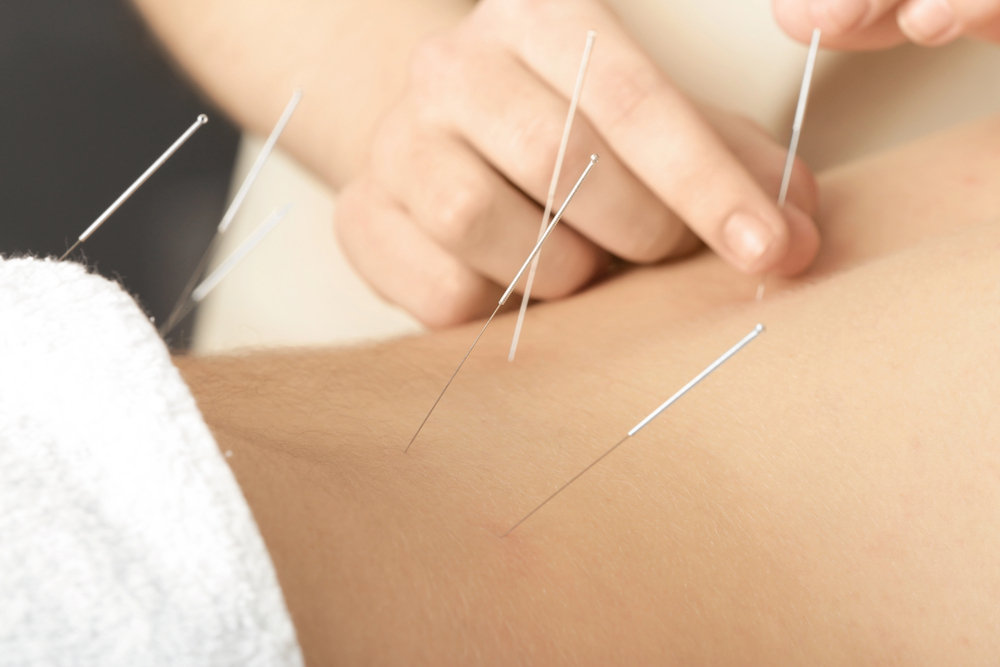When it comes to managing muscle pain and discomfort, two popular treatments often come to the forefront: trigger point injections vs. dry needling. Both therapies target muscle knots or trigger points that are the source of pain, but they do so in different ways. Understanding the nuances between these treatments can help you make an informed decision about which might be right for you.
What is Dry Needling?
Dry needling involves inserting a thin, sterile needle directly into the trigger points within your muscles. The goal is to stimulate the tissue, easing muscle tension and pain. This method relies on the mechanical action of the needle to encourage the muscle to relax, potentially releasing the knot and alleviating symptoms associated with muscle tightness and spasms.
What are Trigger Point Injections?
Trigger point injections, on the other hand, involve injecting a solution, which can be a local anesthetic, saline, or corticosteroid, into the trigger point. This method aims to inactivate the trigger point, reducing the pain and allowing the muscle to relax. The injection itself can provide immediate relief, which is often a deciding factor for many patients.
Comparing the Methods
Understanding the differences between these two treatments is crucial for selecting the one that best suits your needs.
- Effectiveness: Both dry needling and trigger point injections are effective for treating muscle pain. Dry needling is excellent for those who prefer a non-pharmacological approach and are comfortable with multiple sessions to gradually alleviate discomfort. Trigger point injections may provide quicker relief due to the medication delivered directly into the muscle.
- Treatment Process: The process of dry needling can be slightly uncomfortable, as the insertion of the needle causes the muscle to twitch briefly. This sensation is often a sign that the treatment is working. Trigger point injections might be more painful initially, due to the injection, but the pain usually subsides quickly after the treatment.
- Safety and Side Effects: Both treatments are considered safe when performed by a trained professional, but they carry different risk profiles. Dry needling has fewer potential side effects, mainly involving minor bleeding or bruising at the needle site. Trigger-point injections can occasionally lead to more significant issues such as infection or reactions to the medication used.
- Cost and Accessibility: Dry needling is generally less expensive than trigger point injections and is widely offered by physical therapists and acupuncturists. Trigger point injections, being a medical procedure, usually cost more and must be administered by a healthcare professional, such as a doctor or nurse practitioner, which might affect accessibility and convenience.
Choosing the Right Treatment
When deciding between trigger point injections vs. dry needling, consider the following factors:
- Severity of Symptoms: If you are in severe pain and need quick relief, trigger point injections might be the better option. For chronic issues that can handle a more gradual approach, dry needling could be effective.
- Treatment Goals: Consider what you hope to achieve with treatment. If avoiding medications is important to you, dry needling is likely the best choice.
- Medical History: Your overall health and any medication allergies are important factors. Discuss these with your healthcare provider to ensure safety.
- Personal Preference: Some people have a preference regarding needles and injections. Your comfort with each procedure should also guide your decision.
Tailored Pain Relief with Dry Needling
Both trigger point injections and dry needling offer effective solutions for managing muscle pain, but choosing the right treatment depends on your unique needs and preferences. At Messina Acupuncture, we focus on dry needling as a holistic, non-pharmacological approach to alleviating muscle tension and pain. This technique stimulates the body’s natural healing processes, providing relief without the use of medication.
Our experienced practitioners are committed to creating personalized treatment plans that address your specific health concerns and goals. By focusing on your individual needs, we aim to provide lasting relief and improve your overall quality of life.
If you’re considering dry needling as a treatment option, we’re here to guide you through the process. Contact us today to schedule a consultation and take the first step toward effective pain management and enhanced well-being.
